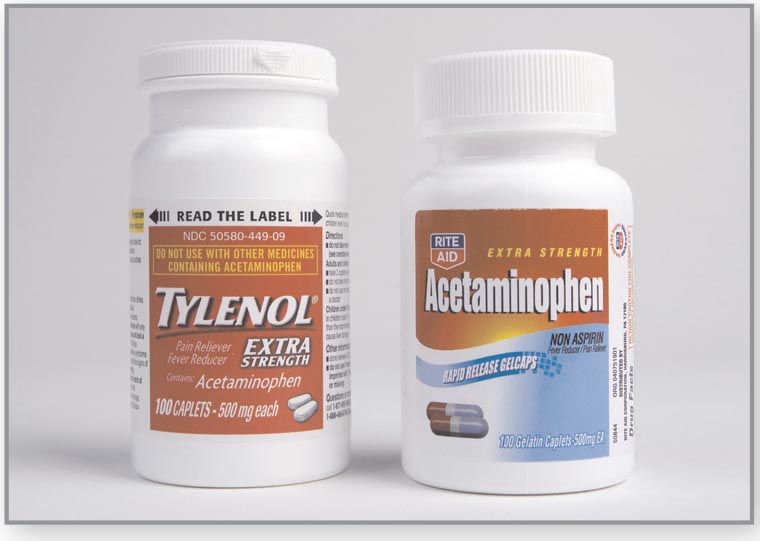Genres Are General Categories of Documents
You’re probably familiar with generic drugs. If you have a headache, for example, you can take a pain reliever. You might choose a brand-name pain reliever based on the chemical compound acetaminophen, such as Tylenol or Anacin III. Or you might choose a less expensive, generic equivalent based on the same compound.
In the same way that generic drugs refer to general categories of pharmaceuticals, genres refer to general categories of documents. When you use the word novel, for example, you’re referring to a general category of long fiction. If you say that you like to read novels, you aren’t talking about reading a particular book; instead, you’re expressing a preference for a general type of document.

Opinion columns, academic essays, scholarly articles, and personal Web pages are all genres. So are personal journals, thank-you letters, and entries on personal blogs. In fact, there are a wide variety of genres, and the number seems to grow larger every few years. Until the 1990s, for example, personal home pages didn’t exist. Nor did blogs. Nor, for that matter, did phone-based text-messaging, tweets, or Facebook posts. Yet all these have become important genres.
Although the word genre is typically used to refer to general categories of documents, such as novels or Web pages, it can also be used to refer to more specific categories. For example, you might refer not simply to novels but also to romance novels, mystery novels, and historical novels. Or you might refer to different types of academic essays, such as reflective essays, argumentative essays, or analytical essays. The word genre, in this sense, is somewhat imprecise. Sometimes it’s used in the largest possible sense, and sometimes it refers to highly specific categories of documents.